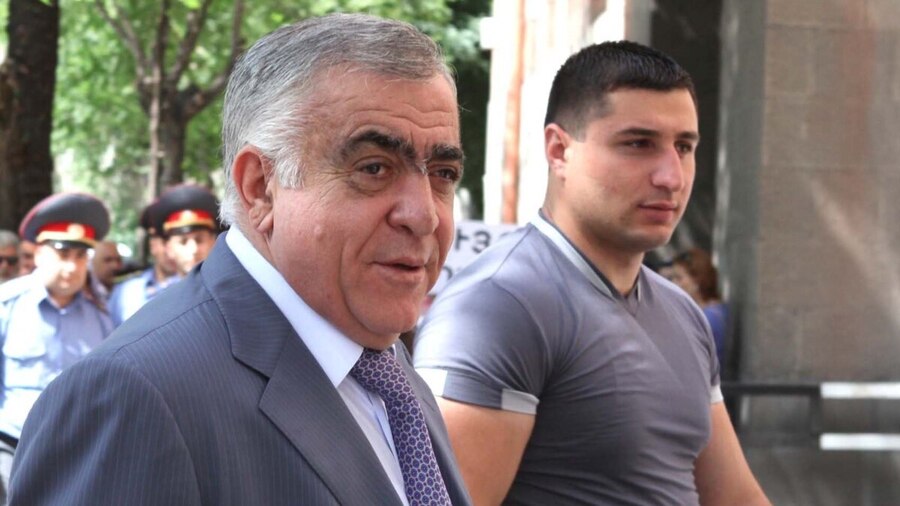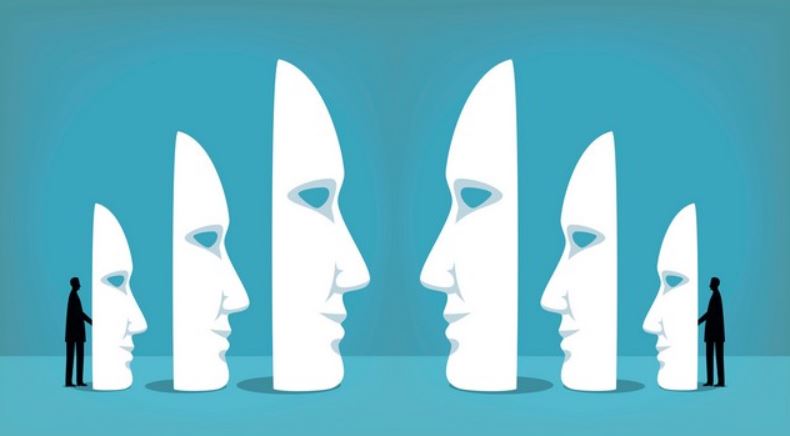“Ostracism,” a mechanism for expelling a “dangerous citizen” by popular vote, originated in Ancient Athens in the 6th-5th centuries BC. The concept remains unchanged: nominating someone as an anti-hero, making them the target of universal anger, and then forgetting them is a recurring pattern throughout history.
A certain target is chosen, like the “50/50” figure, and an anti-hero emerges. In this case, it’s the mythologized image of the brother of Armenia’s third president. Interestingly, this symbolic figure is often not the primary leader but someone close to them: Marie-Antoinette, Rasputin, Galina Brezhneva, Elena Ceausescu, or even Cleopatra. Psychologically, the rationale seems to be that what is tolerated from the leader is begrudged when seen in their associates.
Of course, the government always tries to keep this collective anger alive. It is beautifully described in Orwell’s novel 1984, when all citizens are forced to gather for a “2 Minute Hate” event every day. Compare with the daily speeches of Pashinyan’s preachers on the six- seven platforms.
What has changed in the age of social media? The speed. The cycle of “anti-hero nomination – generation of collective hatred – oblivion” now takes only months, often less.
People continue to rally around the metaphorical fire, gaining a sense of unity and even the illusion of “self-purification” through their hatred. This “fire” is the virtual space of social media. However, the “dance” around it doesn’t last long. New anti-heroes emerge, and new “dances” begin. Recall the “Me Too” or “Black Lives Matter” movements.
Few people remember “50/50” anymore; it has become a “historical anecdote,” like Marie Antoinette’s cakes. Ultimately, the number of “hate” comments on any given internet post is insignificant today. They are quickly forgotten.
Historically only the “great narrativs” remain: the 1915 genocide, the 2020 defeat.
Aram Abrahamyan





















































